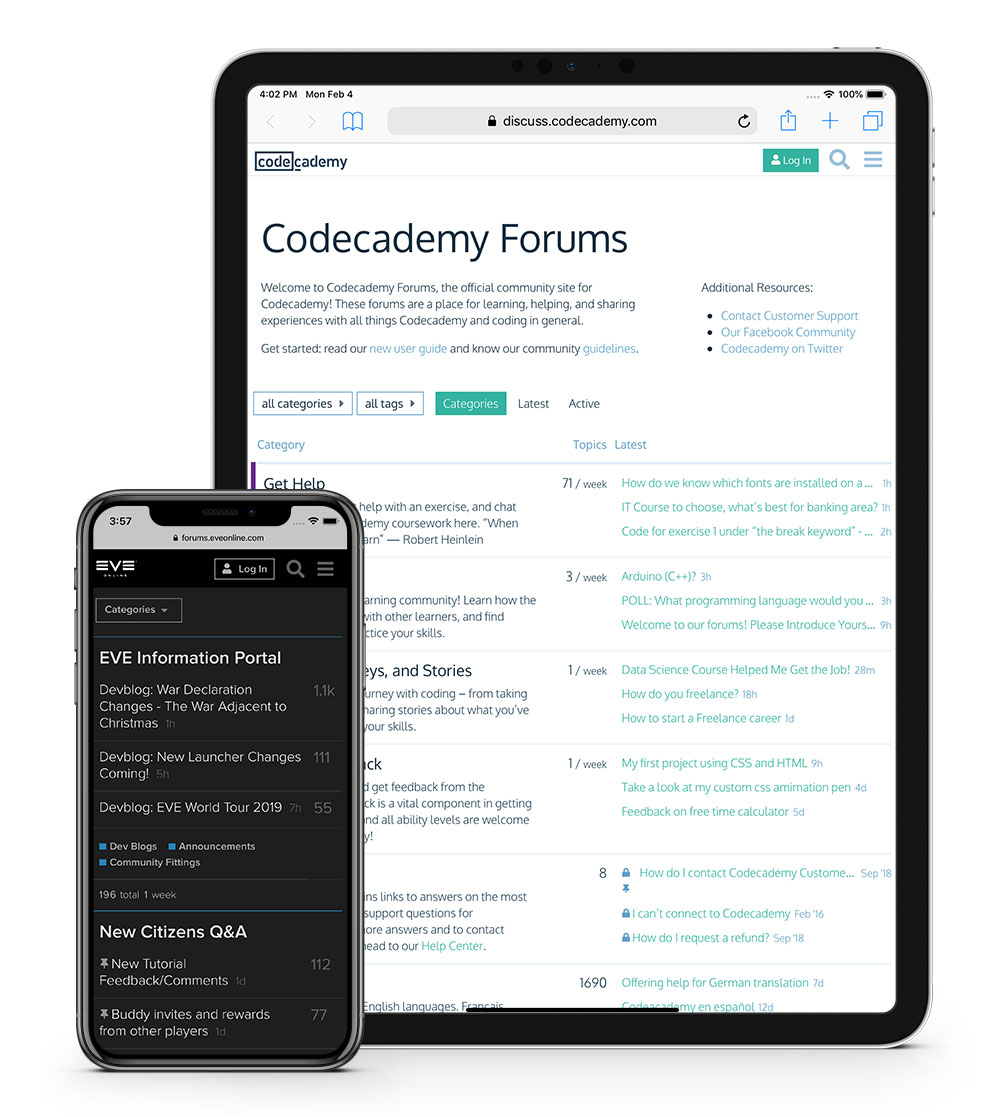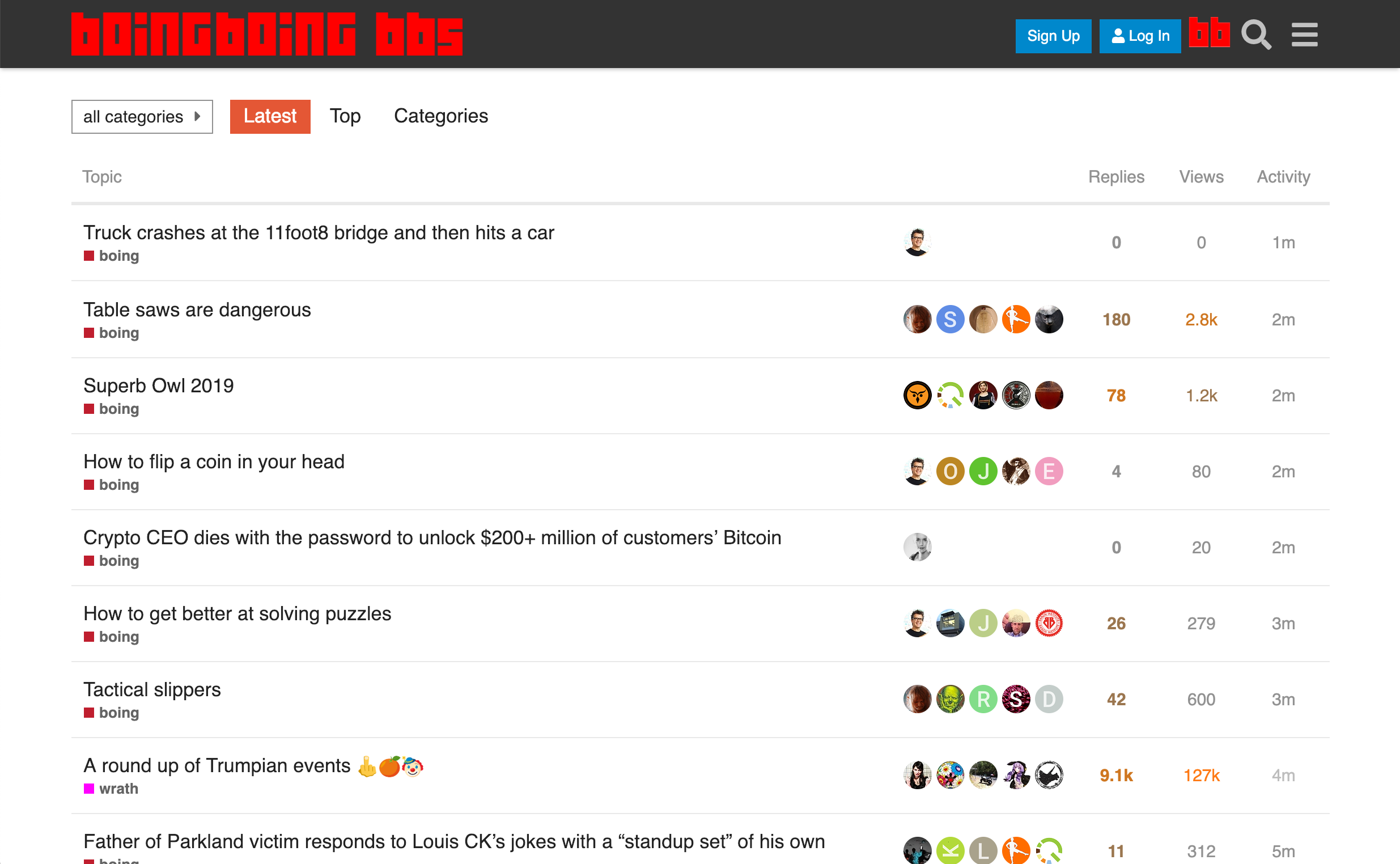In my original PR (#9647) I attempted to solve the problem of using fake timers in acceptance tests by using the new sinon clock.tickAsync methods. This way of doing things seems to be flawed, however, as we are getting random spec timeouts starting with the bookmark acceptance test where this was introduced. I think I was going about things the wrong way. This commit introduces a new function with callback (acceptanceUseFakeClock) that sets up the fake timers using sinon.useFakeTimers with the shouldAdvanceTime option set to true. This advances time at a normal rate of 20ms per tick, which means that we are not freezing any time and existing setTimeout funcs. should proceed as normal. Along with this the callback passed will run clock.reset() at the end to make sure all the timers are cleaned up correctly. There is an optional third parameter after the callback, which is the timezone. If the user is logged in for the acceptance test then their timezone is used, otherwise we default to America/Denver. Usage is (inside an acceptance test): ``` test("Name of the test", async assert => { // first parameter is time to start fake clock at await acceptanceUseFakeClock("2020-05-04T13:00:00", async () => { // test code goes here e.g. await visit("/url"); }); }); ```
Discourse is the 100% open source discussion platform built for the next decade of the Internet. Use it as a:
- mailing list
- discussion forum
- long-form chat room
To learn more about the philosophy and goals of the project, visit discourse.org.
Screenshots

Browse lots more notable Discourse instances.
Development
To get your environment setup, follow the community setup guide for your operating system.
- If you're on macOS, try the macOS development guide.
- If you're on Ubuntu, try the Ubuntu development guide.
- If you're on Windows, try the Windows 10 development guide.
If you're familiar with how Rails works and are comfortable setting up your own environment, you can also try out the Discourse Advanced Developer Guide, which is aimed primarily at Ubuntu and macOS environments.
Before you get started, ensure you have the following minimum versions: Ruby 2.6+, PostgreSQL 10+, Redis 4.0+. If you're having trouble, please see our TROUBLESHOOTING GUIDE first!
Setting up Discourse
If you want to set up a Discourse forum for production use, see our Discourse Install Guide.
If you're looking for business class hosting, see discourse.org/buy.
Requirements
Discourse is built for the next 10 years of the Internet, so our requirements are high.
Discourse supports the latest, stable releases of all major browsers and platforms:
| Browsers | Tablets | Phones |
|---|---|---|
| Apple Safari | iPadOS | iOS |
| Google Chrome | Android | Android |
| Microsoft Edge | ||
| Mozilla Firefox |
Built With
- Ruby on Rails — Our back end API is a Rails app. It responds to requests RESTfully in JSON.
- Ember.js — Our front end is an Ember.js app that communicates with the Rails API.
- PostgreSQL — Our main data store is in Postgres.
- Redis — We use Redis as a cache and for transient data.
Plus lots of Ruby Gems, a complete list of which is at /master/Gemfile.
Contributing
Discourse is 100% free and open source. We encourage and support an active, healthy community that accepts contributions from the public – including you!
Before contributing to Discourse:
- Please read the complete mission statements on discourse.org. Yes we actually believe this stuff; you should too.
- Read and sign the Electronic Discourse Forums Contribution License Agreement.
- Dig into CONTRIBUTING.MD, which covers submitting bugs, requesting new features, preparing your code for a pull request, etc.
- Always strive to collaborate with mutual respect.
- Not sure what to work on? We've got some ideas.
We look forward to seeing your pull requests!
Security
We take security very seriously at Discourse; all our code is 100% open source and peer reviewed. Please read our security guide for an overview of security measures in Discourse, or if you wish to report a security issue.
The Discourse Team
The original Discourse code contributors can be found in AUTHORS.MD. For a complete list of the many individuals that contributed to the design and implementation of Discourse, please refer to the official Discourse blog and GitHub's list of contributors.
Copyright / License
Copyright 2014 - 2020 Civilized Discourse Construction Kit, Inc.
Licensed under the GNU General Public License Version 2.0 (or later); you may not use this work except in compliance with the License. You may obtain a copy of the License in the LICENSE file, or at:
https://www.gnu.org/licenses/old-licenses/gpl-2.0.txt
Unless required by applicable law or agreed to in writing, software distributed under the License is distributed on an "AS IS" BASIS, WITHOUT WARRANTIES OR CONDITIONS OF ANY KIND, either express or implied. See the License for the specific language governing permissions and limitations under the License.
Discourse logo and “Discourse Forum” ®, Civilized Discourse Construction Kit, Inc.
Dedication
Discourse is built with love, Internet style.




